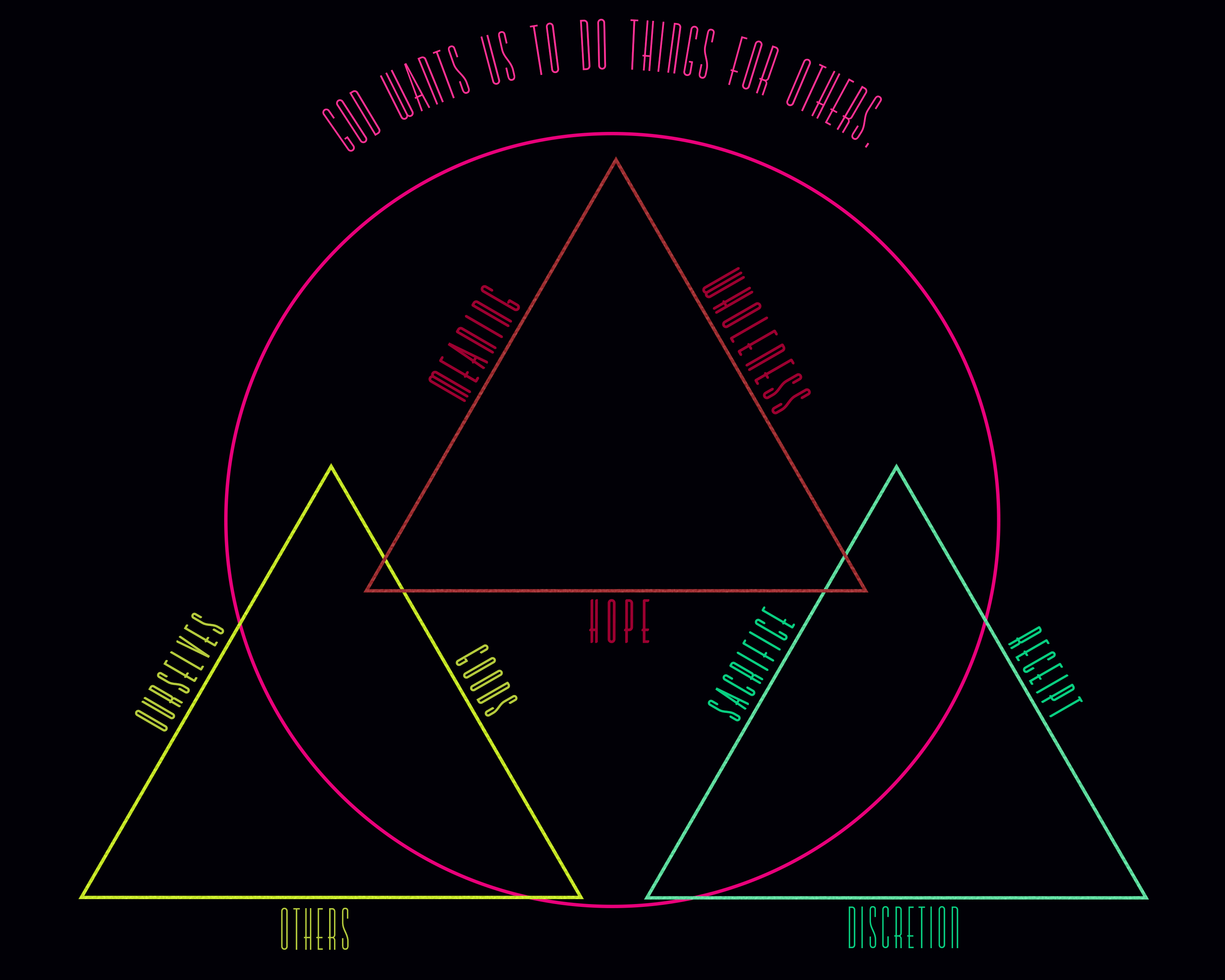It can be very difficult to distinguish between our needs and our wants.
Case in point: my wife once saw an adult student crying and asked her what was wrong. The girl responded by telling Carmel she was confused and trapped by her circumstances. She wasn’t sure whether or not to pay her rent or get her hair done. She needed to do both, but could only afford to do one.
Carmel, of course, was shocked. She advised the gal to take care of her basic needs first and worry about the non-essentials later. This gal simply didn’t understand that not all competing concerns are created equal.
Some things we “need” are really not essential.
Like, for example, a hair weave.
Apart from our basic human needs—food, water, shelter, etc.—we have three massive requirements for good health and happiness.
We all need our lives to matter. We need to find meaning in our work, meaning in our existence, meaning in our relationships. We need to feel as though we are significant somehow and that we will be missed should we ever disappear. We need to know others depend on us, love us, and trust us.
We all need to feel whole. Against the horrible fragmentation and brokenness of our age, we need to feel like we “have people.” We need a community. We need family. We need reconciliation. We need to feel connected to God, to other people, to our true selves, and to the world. We need to experience the unbroken wholeness between our work and our faith and our family and our passion. We need to be un-humpty-dumptied.
We all need hope for the future. We need to know we have not already achieved the pinnacle of our existence. We need to know things will get better. We need to know God is faithful, our efforts are not wasted, and the self-discipline we exercise will ultimately pay off.
In each of these three areas—and, of course, in many others—it’s easy to see how God gives us precisely what we need. He tells us our lives matter (see Psalm 139), and the future is bright
“Because of his grace he declared us righteous and gave us confidence that we will inherit eternal life.” Titus 3.7.
Through Christ we are reconciled to God, to ourselves, to others, and to the world.
“Anyone who belongs to Christ has become a new person. The old life is gone; a new life has begun! And all of this is a gift from God, who brought us back to himself through Christ. And God has given us this task of reconciling people to him.” 2 Corinthians 5.17-18.
And we are meant to pass on to others what God has freely given to us.
Maybe, like Carmel, we “pass it on” by giving godly counsel. Or maybe we pass it on by offering heartfelt charity. Or maybe we pass it on through prayer or thanksgiving, encouragement or work. The means matter less than the meaning. What we do (specifically) matters less than the fact that we do whatever we can to act as conduits of God’s grace.
Who knows? There might even be grace enough to pay for a hair weave every now and then.
fossores
Related posts
Categories
Category Cloud
Tag Cloud
Recent Posts
- Victors and Victims November 6, 2018
- 3 Hacks for Happiness October 29, 2018
- Hope Against Death September 20, 2018
- The Shape Of The Cross September 19, 2018


